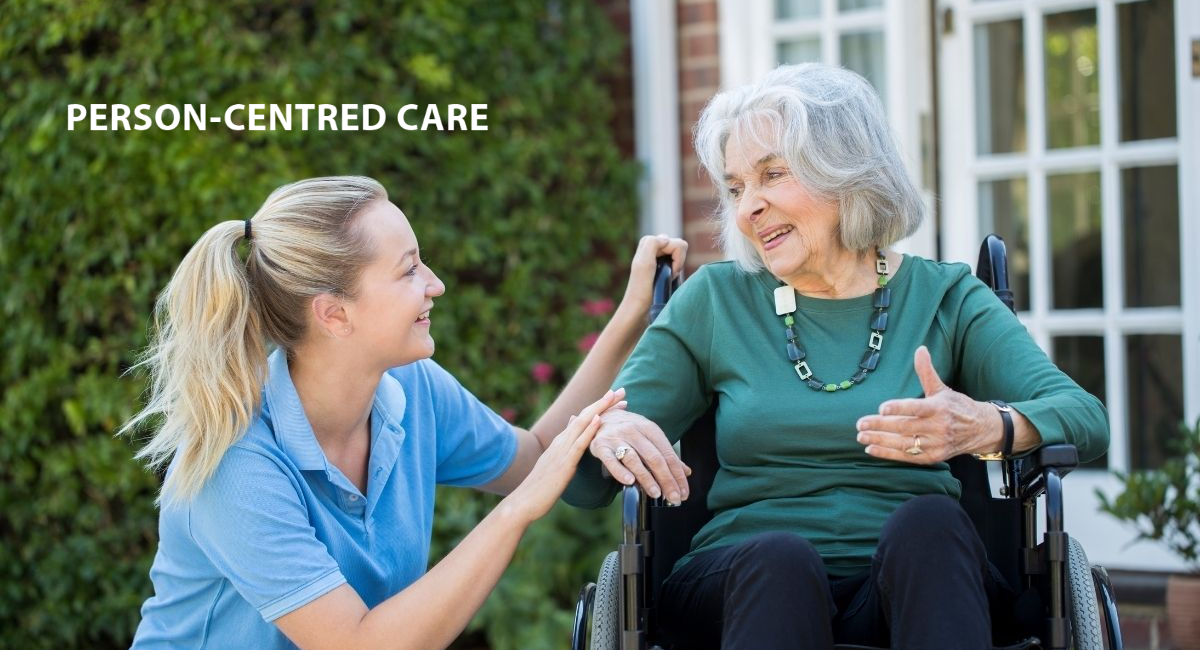Person-Centred Care is about treating a person receiving healthcare with dignity and respect, and involving them in all decisions about their health. This type of care is also known as Patient-Centred Care or Client-Centred Care.
According to the Institute of Medicine(IOM), Person-centred Care is defined as providing care that is respectful of and responsive to individual patient preferences, needs and values, and ensuring that patient,'s values guide all clinical decisions. Its also important to note that Person-centred Care also involves car for the patient's families in ways that are meaningful and valuable.
Because of aging populations, he prevalence of multi-morbidity has grown tremendously and is expected to increase even in the near future. This increase poses a challenge as patients with multi-morbidity have complex care needs that often make adequate healthcare delivery difficult and costly to manage. Most current healthcare systems are single disease oriented and thus not adequately responsive to patient with multiple diseases and combinations of complex care needs.
At a global level, there is a seismic shift in thinking about empowering patients to take an active role in the care plan. Technology however can support Person-centred Care if used in the right way.
When healthcare professionals and services give you a person-centred care, it puts you at the centre of your healthcare by;
1. Treating you with dignity, respect and compassion.
2. Communicating and coordinating your care between appointments and different services over time, such as when making a referral from your GP to a specialist.
3. Tailoring the care to suit your needs and what you want to achieve.
4. Sharing your care between a community health service and a hospital.
5. Supporting you to understand and learn about your health.
6. Involving you in your healthcare decisions at all times.
7. Helping to find ways to get better, look after yourself and stay independent.
Picker's Eight Principles of Person-centred Care
Researchers from Harvard Medical School, on behalf of Picker Institute and The Commonwealth Find defined seven primary dimensions of Person-centred Care which were later expanded to eight, 'Access to care'.
The researchers found that there are certain practices conducive to a positive patient experience which include the following;
1. Respect for patient's values, preferences and expressed needs.
2. Coordination and integration of care.
3. Information and education.
4. Physical comfort.
5. Emotional support and alleviation of fear and anxiety.
6. Involvement of family and friends.
7. Continuity and transition.
8. Access to care.
Ref:
* Betterhealth Organization.
* Oneview Healthcare.
* BMC Health Services Research.

